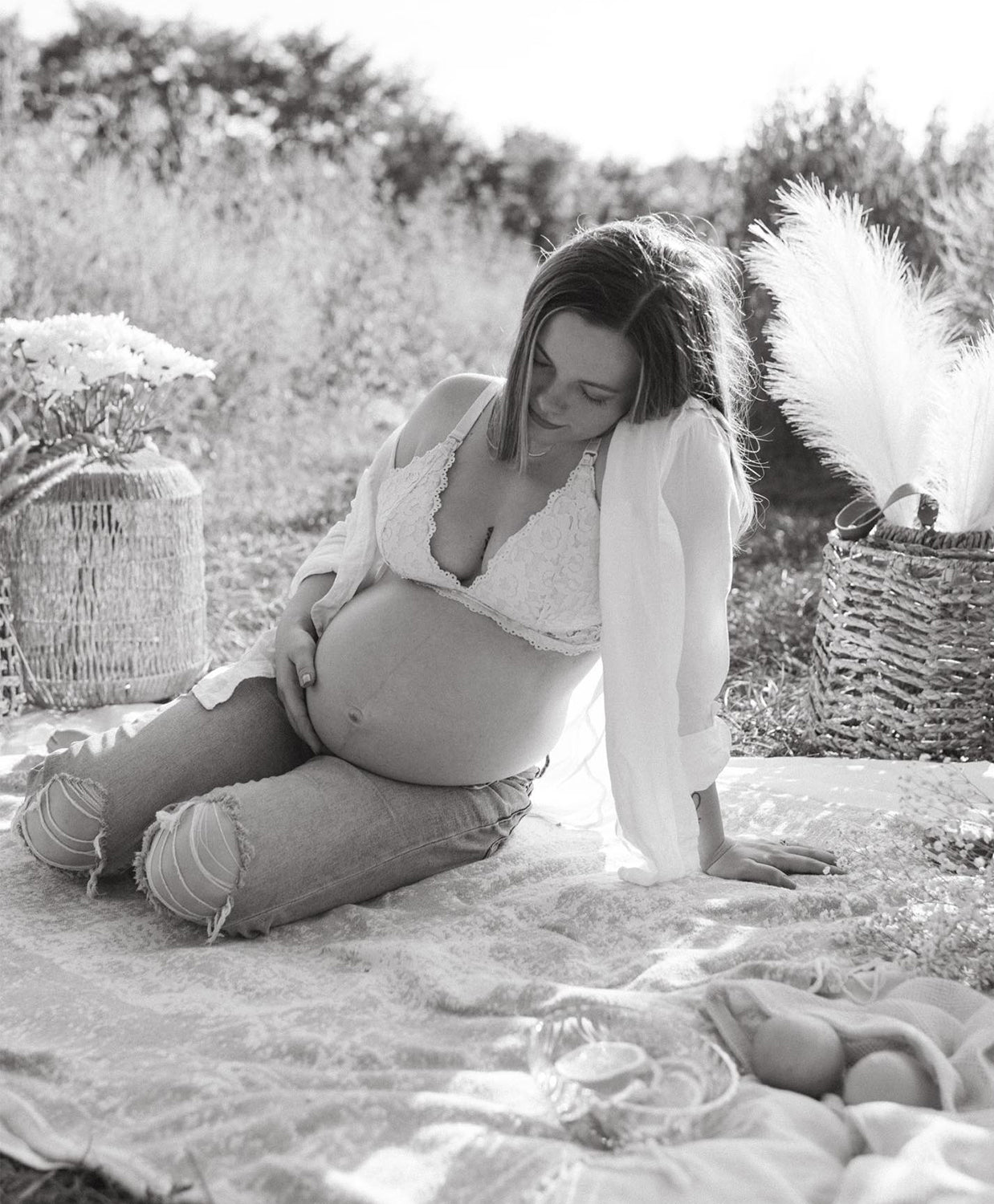Dealing with a baby's fever can be one of the most stressful experiences for a parent. When the fever seems to go down during the day but comes back stronger at night, it can be confusing and worrisome. This pattern is quite common, and understanding why it happens can help ease some of your concerns.
Natural Circadian Rhythm
One of the primary reasons why a baby's fever tends to worsen at night is due to the body's circadian rhythm. This internal clock regulates various functions in the body, including the immune system and temperature. During the day, the body is more active, and the immune system works to keep infections at bay. However, at night, the body’s temperature naturally rises slightly due to the circadian rhythm, which can cause a fever to spike.
The Body’s Response to Infection
A fever is the body’s way of fighting off infections. Viruses and bacteria cause inflammation, which leads to the release of chemicals that elevate the body temperature. The immune system ramps up during the night, working harder to fight off infection when the body is at rest. This heightened immune activity can cause the fever to return or intensify after hours of seeming relief during the day.
Lack of Distraction and Resting State
At night, when your baby is lying down and not distracted by activities or interactions, the fever might feel more intense. During the day, your baby is likely moving around, playing, or staying active, which can help lower the fever naturally. However, once your baby is resting or sleeping, there is nothing to keep the fever from being more noticeable.
Environmental Factors
Environmental factors like room temperature can also play a role. Nighttime temperatures may cause the body to feel warmer, especially if the room is too warm or if your baby is bundled up too tightly. A cooler environment and proper hydration can help manage the fever and make your baby more comfortable.
The Role of Medicine
Sometimes, the fever seems to come back at night because the effects of fever-reducing medications, such as acetaminophen or ibuprofen, wear off. These medications typically last for several hours, and once the medication has been metabolized, the fever may return. This is why it's important to follow the doctor's advice regarding medication and how frequently it should be administered.
When to Seek Medical Attention
While a fever is usually just a sign that the body is fighting off an infection, there are times when you should be more concerned. If your baby's fever is accompanied by symptoms like persistent vomiting, difficulty breathing, or if the fever lasts more than three days, you should contact a healthcare provider for further evaluation.
How to Manage Your Baby’s Fever at Night
Managing your baby’s fever at night involves a few simple strategies. First, ensure your baby is dressed in lightweight clothing and the room is kept at a comfortable temperature. Offer fluids regularly to prevent dehydration. You can also give your baby fever-reducing medication as prescribed by your doctor, but avoid giving medication too frequently, as overuse can have negative effects.
Concluding Thoughts
A baby's fever coming back at night is a common occurrence. It’s typically tied to natural body rhythms, immune system responses, and environmental factors. While it can be alarming, most fevers are not cause for concern and can be managed at home. Always consult with a healthcare professional if you're worried or if the fever persists.
FAQs
Is it normal for my baby’s fever to come back at night?
Yes, it’s common due to the body's natural circadian rhythm and immune system activity during sleep.
How can I help my baby feel more comfortable at night?
Keep the room cool, dress your baby lightly, offer fluids, and follow medication guidelines.
When should I take my baby to the doctor for a fever?
If the fever lasts more than 72 hours, is accompanied by severe symptoms, or your baby seems very unwell, consult a doctor.









